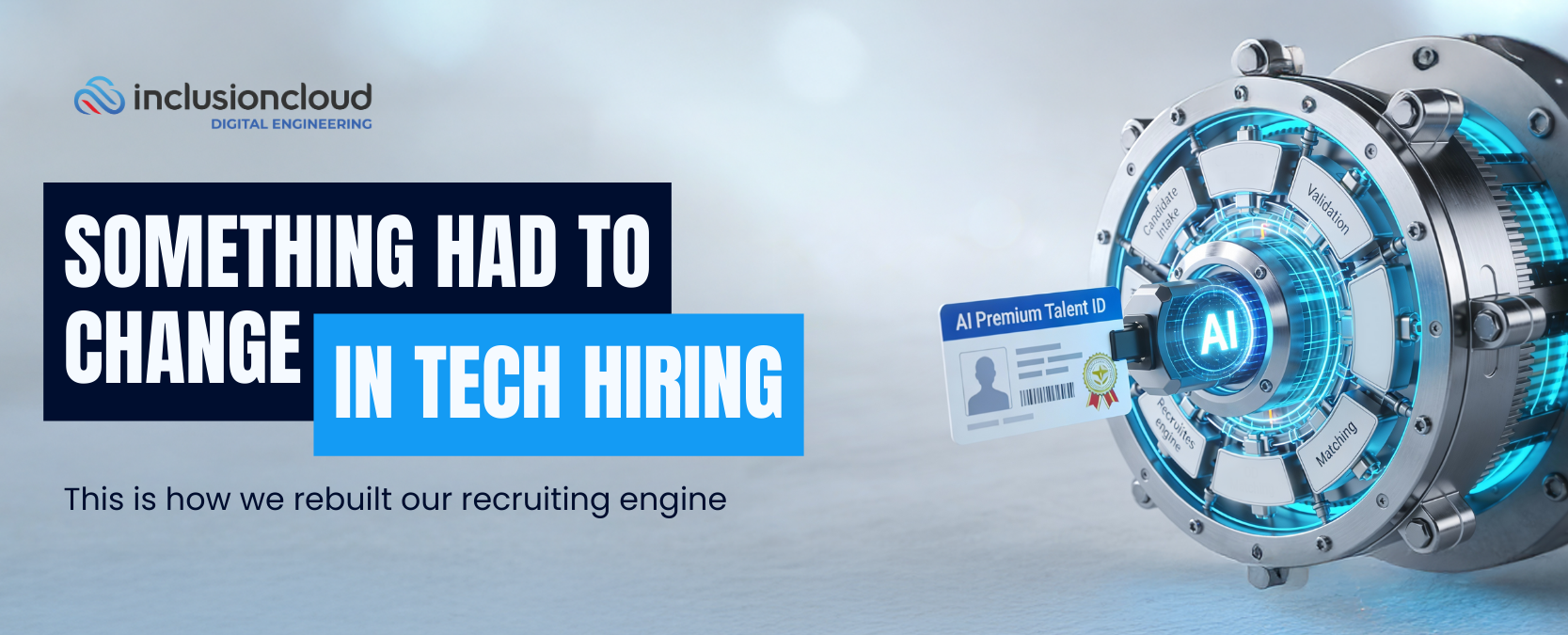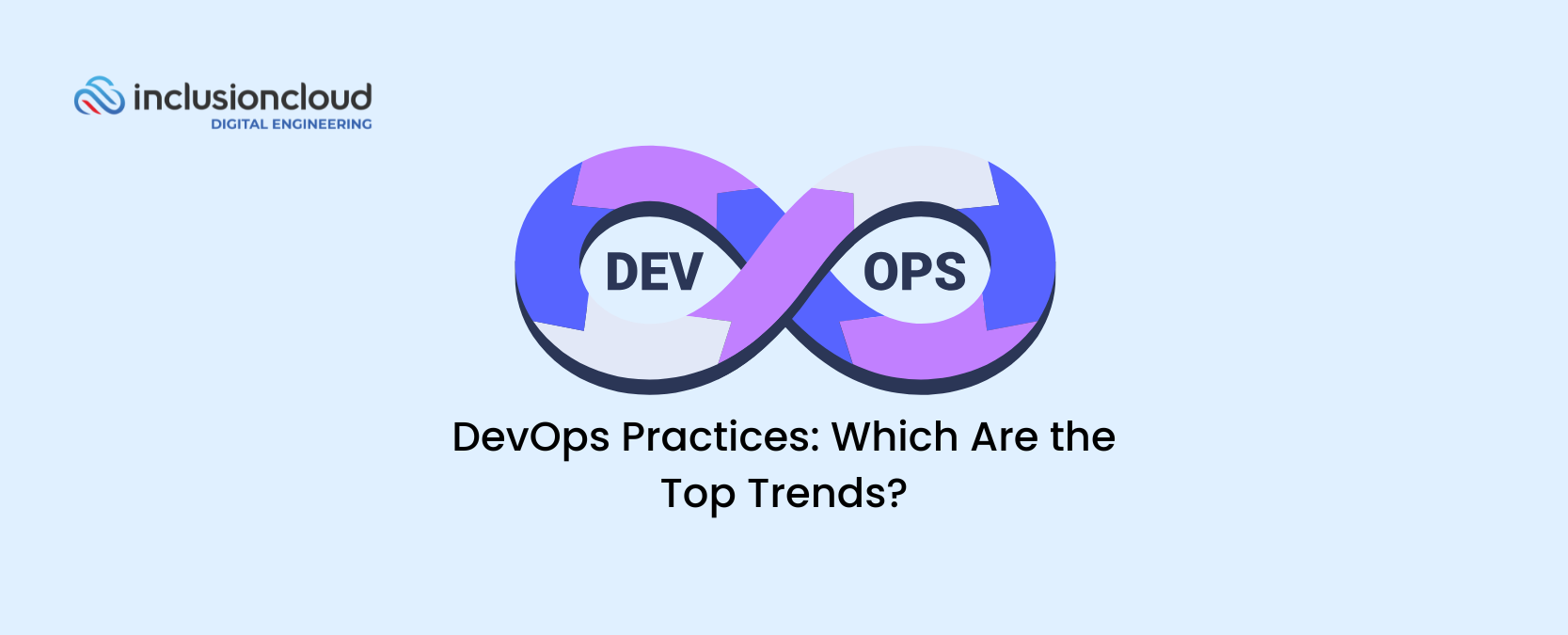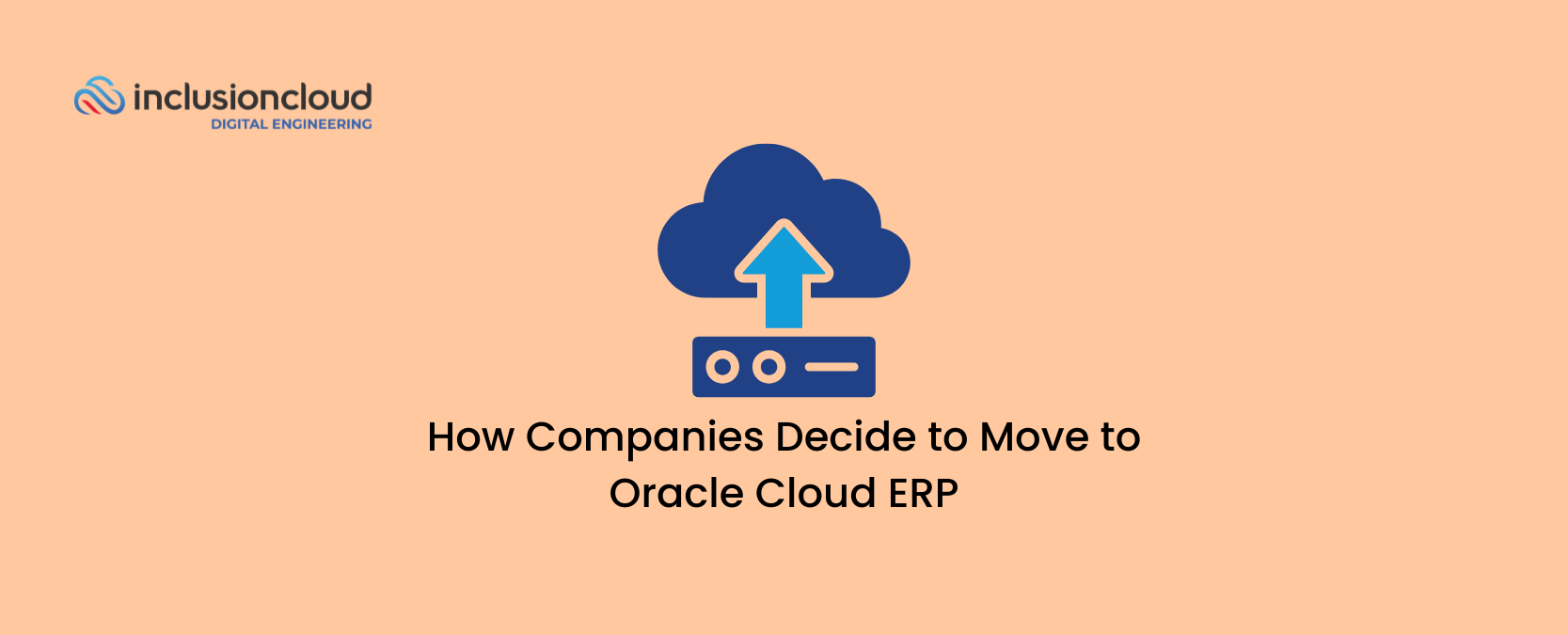As of 2024, the world of business has been swept up in a wave of digital transformation powered by AI. A striking 53% of businesses now leverage AI to optimize their production processes, as reported by Forbes. This data underscores the growing reliance on AI not just as a cutting-edge technology, but as an indispensable strategic tool.
Navigating this vast and rapidly evolving AI landscape can be daunting. With a plethora of options at your disposal, from Salesforce Einstein to ServiceNow AI, and AWS SageMaker, choosing the right AI solution is more than a technical decision—it’s a strategic one. The chosen AI solution can significantly impact a business’s efficiency, productivity, customer experience, and ultimately, its bottom line.
This guide aims to provide clarity amidst the noise, offering insights into popular AI platforms. Each platform brings unique strengths to the table, catering to different business needs and objectives. By understanding these platforms’ capabilities and weighing them against your business’s specific requirements, you can make an informed decision that transcends mere adoption of AI.
Understanding Your Needs
Before plunging into the deep end of the AI pool, it’s essential to first understand your business needs and objectives. As LinkedIn advises, clear and measurable objectives are key to successful AI implementation.
Start by identifying your business needs and opportunities. Are you aiming to enhance customer service, streamline operations, or perhaps glean new insights from your data? Your specific needs will serve as a compass, guiding you through the vast AI landscape.
Setting SMART—Specific, Measurable, Achievable, Relevant, Time-bound—goals is the next step. These goals provide a framework that ensures your AI initiatives align with your overall business strategy. The goal isn’t just to incorporate AI into your operations; it’s about harnessing AI to propel your business forward.
Selecting the right metrics and indicators is equally crucial. These should align with your goals and offer clear indications of progress. After all, if you don’t measure it, how can you manage it?
Salesforce Einstein
When it comes to AI-powered CRM solutions, Salesforce Einstein is a heavyweight contender. Launched in September 2016, this platform has continually evolved, offering businesses an all-encompassing, AI-integrated CRM solution.
Pros
What sets Salesforce Einstein apart? Its seamless integration with the existing Salesforce environment. This means businesses can leverage AI capabilities without needing to overhaul their current systems. Users can access predictive insights, automate tasks, and gain intelligent recommendations right within their familiar Salesforce interface.
Einstein excels at providing predictive insights. It uses machine learning algorithms to analyze past data, predict future trends, and suggest the next best steps. This can be a game-changer for sales and marketing teams looking to optimize their customer engagement strategies.
Cons
However, Salesforce Einstein isn’t without its drawbacks. Its complexity can be overwhelming, especially for businesses new to AI. Training your team to use Einstein effectively might require significant time and resources.
Moreover, the pricing can be prohibitive for small businesses. While Salesforce offers different packages tailored to various business needs, the cost can quickly add up, particularly when considering additional charges for premium features.
Verdict
Salesforce Einstein is a powerful tool for businesses seeking a comprehensive, AI-integrated CRM solution. Its predictive insights and seamless integration features make it an attractive choice for companies already using Salesforce. However, its complexity and pricing may pose challenges for smaller businesses or those new to the AI landscape.
ServiceNow AI
This platform, known for its Now Intelligence suite, leverages AI and analytics to optimize business decisions.
Pros
A standout feature of ServiceNow AI is its generative AI capabilities. These capabilities transform the user experience by automating routine tasks and providing real-time insights. Businesses can increase productivity, accelerate agility, and create more engaging experiences.
Another strength lies in ServiceNow’s predictive intelligence. This built-in layer of AI empowers features across the platform to provide anticipatory insights. It enables businesses to stay ahead of the curve by predicting trends and prioritizing resources effectively.
Cons
Despite these strengths, ServiceNow AI isn’t without its challenges. Like many AI platforms, its complexity can be daunting for businesses new to AI. Training your team to use this platform effectively might require significant time and resources.
Moreover, ServiceNow AI’s generative AI controller relies on connections with external platforms like Microsoft Azure OpenAI Service, which may pose integration challenges for some businesses.
Verdict
ServiceNow AI is a potent tool for businesses looking to streamline their IT operations with AI. Its generative AI capabilities and predictive intelligence offer unique advantages. However, its complexity and dependency on other platforms may pose challenges for some businesses.
AWS SageMaker
When it comes to harnessing the power of machine learning, AWS SageMaker is a standout platform. Launched in 2017, SageMaker has been steadily gaining traction for its robust capabilities.
Pros
One of the top benefits of AWS SageMaker is that it’s fully managed. This means businesses can focus on building high-quality machine learning models without worrying about the heavy lifting of infrastructure management.
Another significant strength is scalability. SageMaker enables businesses to scale their machine learning efforts seamlessly, leading to faster innovation and reduced costs.
Cons
Despite these strengths, AWS SageMaker isn’t without challenges. Its complexity can prove daunting, especially for businesses new to machine learning. Training your team to use this platform effectively might require substantial time and resources.
In addition, while SageMaker can help reduce costs by streamlining the machine learning process, the AWS pricing model can be complex and potentially expensive for some businesses.
Verdict
AWS SageMaker is a powerful platform for businesses looking to leverage machine learning. Its fully managed environment and scalability offer unique advantages. However, its complexity and potential costs may pose challenges.
Comparing Platforms
Let’s take a side-by-side look at Salesforce Einstein, ServiceNow AI, and AWS SageMaker to evaluate their industry focus, deployment options, and integration capabilities.
Industry focus
- Salesforce Einstein is primarily geared towards sales, marketing, and customer service industries thanks to its powerful CRM focus.
- ServiceNow AI, with its robust IT operations management capabilities, is often the go-to choice for IT service management and business process automation.
- AWS SageMaker shines in industries that require heavy machine learning applications, such as data science, healthcare, and finance.
Deployment options
- Salesforce Einstein is deployed within the Salesforce platform, allowing for seamless integration with existing Salesforce applications.
- ServiceNow AI is integrated into the ServiceNow platform, providing users with a unified, AI-enhanced ITSM experience.
- AWS SageMaker is a cloud-based solution, offering flexibility and scalability. Users can deploy machine learning models in the AWS cloud or on-premises with AWS Outposts.
Integration capabilities
- Salesforce Einstein integrates seamlessly with the Salesforce ecosystem, enhancing the functionality of Salesforce’s suite of applications.
- ServiceNow AI integrates with other ServiceNow products and external platforms, although it may face challenges when connecting with non-ServiceNow systems.
- AWS SageMaker offers extensive integration with the AWS ecosystem, but integrating with non-AWS platforms might require additional effort.
Cost Considerations
When selecting a platform for AI or machine learning, cost considerations are crucial. The pricing models of Salesforce Einstein, ServiceNow AI, and AWS SageMaker each come with their own set of benefits and potential drawbacks.
Salesforce Einstein: CRM-centric pricing
Salesforce Einstein’s pricing is closely tied to the Salesforce CRM platform, with costs varying based on the specific edition and number of users. While this CRM-centric model may provide value for businesses already heavily invested in the Salesforce ecosystem, it could prove costly for those needing only the AI capabilities.
ServiceNow AI: Subscription-based pricing
ServiceNow AI adopts a subscription-based pricing model, which can be advantageous for scalability and predictable budgeting. However, the overall cost can be high, especially for businesses requiring multiple ServiceNow modules.
AWS SageMaker: Pay-as-you-go pricing
AWS SageMaker operates on a pay-as-you-go model, charging based on the resources used. This can be cost-effective for businesses with fluctuating needs, but unpredictable for those requiring stable budget forecasts.
Scalability
Beyond pricing models, scalability is a vital factor. All three platforms offer scalable solutions, but the cost-effectiveness of scaling will depend on your specific use case. For instance, AWS SageMaker’s pay-as-you-go model might offer more cost-effective scalability for some, while others might find value in the predictability of ServiceNow AI’s subscription model.
Aligning AI with Business Needs
Choosing the right AI solution is a critical decision that can significantly impact your business strategy. Here’s a brief guide on how to align your choice with your business needs and budget constraints.
Understand your business needs
First, you need to have a clear understanding of your business needs. Are you looking for a solution to improve customer relations, streamline IT operations, or leverage machine learning in data-heavy industries? Your specific needs will influence which platform is best suited for your business.
Consider your budget
Budget is a crucial factor that can’t be overlooked. While it’s important to invest in a robust AI platform, it’s equally important to ensure that the investment is cost-effective. Consider not just the upfront costs, but also the ongoing expenses and potential return on investment.
Evaluate scalability
Scalability is another crucial factor. As your business grows, your AI needs will likely grow too. Select a platform that can scale with your business, providing additional features and capabilities as needed without significant cost hikes.
Integration capabilities
Finally, consider how well the platform can integrate with your existing systems. A platform that offers seamless integration capabilities can save you significant time and effort in the long run.
Implementing AI Solutions: Steps to Success
Implementing an AI solution is no small task. It requires careful planning, execution, and continuous monitoring. Here’s a step-by-step guide on how to successfully implement your chosen AI solution.
Step 1: Define the use case
Start by clearly defining a use case for your AI solution. Identify the problem you’re trying to solve and how AI can help address it.
Step 2: Verify data availability
Next, verify the availability and quality of data. The more high-quality data you have, the better your AI solution will perform.
Step 3: Establish objectives and KPIs
Set clear objectives and establish KPIs to measure success. These KPIs should align with your overall business goals.
Step 4: Identify a case owner
Identify a case owner to oversee the building, testing, and validation of the AI solution. This person will be responsible for ensuring the project stays on track.
Step 5: Build and test the solution
Build and test your AI solution. This should involve running multiple tests to ensure the solution works as expected.
Step 6: Implement the solution
Once testing is complete, it’s time to implement the solution. Keep in mind that effective implementation may require changes to existing workflows and processes.
Step 7: Monitor performance
After implementation, continuously monitor the performance of your AI solution. Look for any biases or drifts and make necessary adjustments.
Step 8: Encourage user feedback
Finally, encourage user feedback. This can provide valuable insights into how well the solution is working and where improvements can be made.
Conclusion
Choosing the right AI platform, aligning it with your business needs, and implementing it successfully are key steps towards building an AI-driven future. It’s a journey that requires careful planning and execution, but the rewards—improved efficiency, deeper insights, and enhanced decision-making—make it well worth the effort.
As we move forward into this exciting new era of AI-driven business, remember that it’s not about technology for technology’s sake—it’s about leveraging AI as a strategic tool to solve real business problems and create value.
For more key insights and guides on how to implement and get the most out of AI, be sure to follow Inclusion Cloud on LinkedIn. We’re here to help you navigate the AI landscape and build a brighter, more efficient future.





